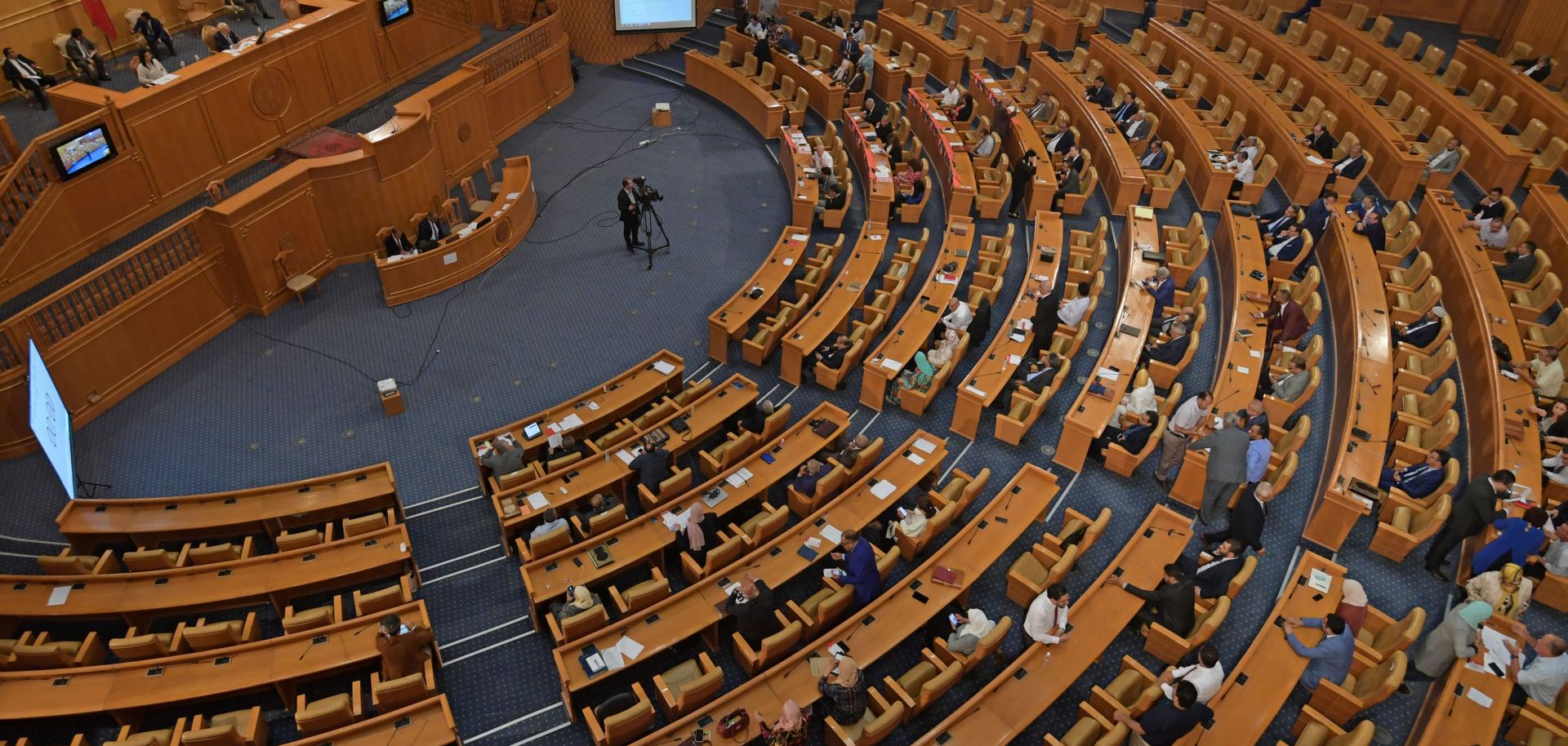Tunisia's third attempt to form a government in less than a year is unlikely to resolve the dysfunctional partisan infighting that saw the demise its last two governments, leaving its leaders unable or unwilling to pass the reforms needed to mitigate the country's deepening economic crisis. Following his predecessor Elyes Fakhfakh's July 15 resignation, Tunisia's prime minister-designate Hichem Mechichi unveiled a new cabinet of independent technocratic ministers on Aug. 24, which will go to a parliamentary vote on Sept. 1. But even if Mechichi's proposed government is approved by the country's highly divided parliament, Tunisia's deep-rooted party rivalries ensure little actual governing will be done, weakening Tunisia's ability to secure much-needed external funding, as well as serve as a model democracy in the Arab world....


